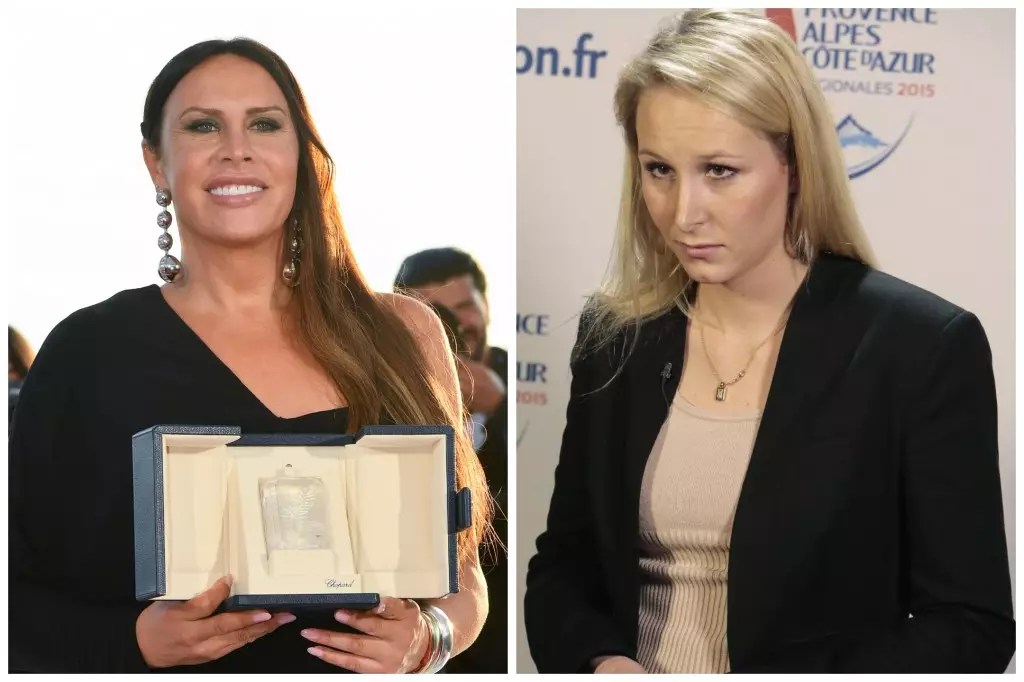French LGBT+ groups have recently taken legal action against far-right politician Marion Maréchal-Le Pen for alleged transphobic remarks directed towards Karla Sofía Gascón, who recently made history as the first transgender actress to win the Cannes Best Actress prize. Maréchal-Le Pen posted a controversial comment suggesting that Gascón, a transgender woman, was actually a man and that her win erased the accomplishments of women and mothers. In response to this, French LGBT+ organizations such as Mousse, LGBT Families, Adheos, Quazar, LGBTI+ Federation, and STOP homophobia filed a formal complaint with the Paris Public Prosecutor citing “insult due to gender identity” under French law.
Despite facing legal action, Marion Maréchal-Le Pen dismissed the complaint in an interview with a French radio station. She stood by her original comments, stating that the distinction between men and women is a biological reality based on chromosomes. She also expressed defiance towards the LGBT+ community, rejecting the notion of transgender individuals and their struggles against discrimination and violence. Maréchal-Le Pen’s defiant stance raises concerns about her commitment to inclusivity and equality, especially as she is currently campaigning for the European Parliament elections.
The LGBT+ groups pursuing legal action against Maréchal-Le Pen highlighted the potential consequences of her remarks, noting that insults based on gender identity could result in imprisonment and hefty fines. This legal battle comes in the wake of a similar case involving another far-right figure, Eric Zemmour, who was charged and found guilty of homophobia in the past. The connections between Maréchal-Le Pen and Zemmour, both known for their controversial statements on gender and sexual orientation, raise questions about the broader political climate in France and the challenges faced by marginalized communities.
Members of the LGBT+ community have expressed concerns about the impact of Maréchal-Le Pen’s comments on transgender individuals and the wider community. Étienne Deshoulières, the lawyer representing the LGBT groups, emphasized the importance of acknowledging and addressing the violence and discrimination faced by transgender people on a daily basis. Similarly, Terrence Khatchadourian, the General Secretary of STOP homophobie, highlighted the role of political rhetoric in perpetuating a climate of violence and intolerance towards LGBT+ individuals. The rise in violence against LGBT+ people in recent years underscores the urgent need for greater awareness and advocacy on behalf of marginalized communities.
The legal dispute between French LGBT+ groups and Marion Maréchal-Le Pen sheds light on the ongoing struggle for acceptance and equality for transgender individuals in society. The intersection of politics, law, and social activism underscores the complexities of addressing discrimination and hate speech within the public sphere. As the case unfolds, it will be crucial to monitor the impact of political rhetoric on marginalized communities and to advocate for greater inclusivity and understanding in the face of intolerance. The voices of the LGBT+ community must be heard and respected, as they continue to fight for their rights and recognition in a society that has a history of discrimination and exclusion.


Leave a Reply